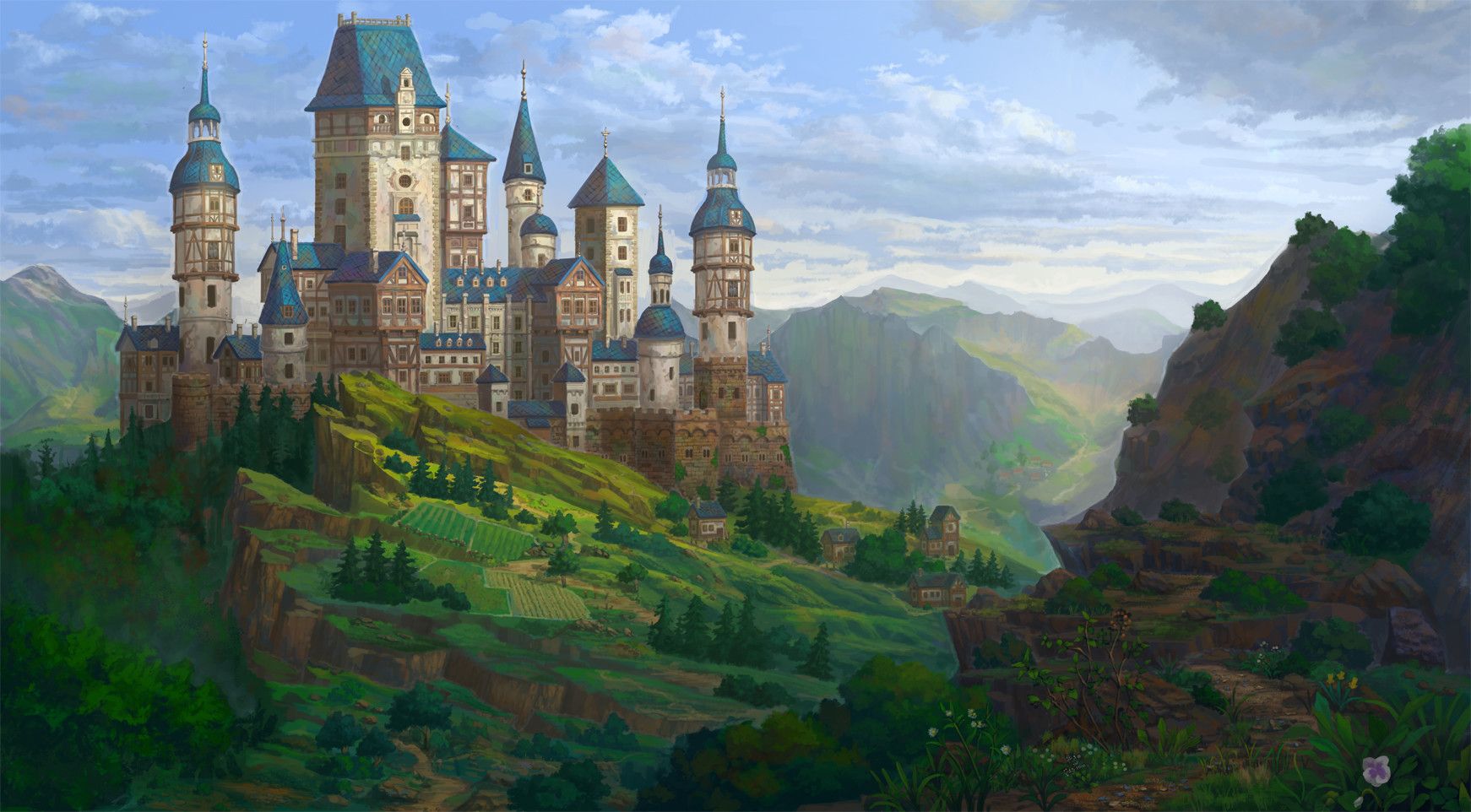Emus Falla
Structure
- Duke: Leader of the country, and head of the royal family.
- Baron: Leader of a barony, head of one of the nine great noble families.
- Lord: Leader of a lesser noble family, serves the barons or duke directly as administrators of their land.
- Gentleman: Member of any noble family, serves at all levels of government.
Public Agenda
To protect and maintain its citizens and holdings. Pave, repair, and secure roads from bandits. Dig wells and sewage/ drainage ditches. Build, maintain, and secure bridges and docks. Provide courts for high and low justice. Maintain birth and death records for their citizen rolls. Enforce construction standards on homes. Ensure skilled labor jobs are filled (carpenter, smith, weaver, glazer, etc.) Guard against disasters such as famine, fire, flood, and disease. Provide water or tread mills. Provide and secure fairgrounds.
Assets
Copper and Iron mines on the frontier, and Western hardwood forests all around.
Military
Their armies are comprised of a banner for each noble family. With each supporting town having to provide a company for the banners. Villages will contribute men for platoons and squads to the companies.
Religion
The church of the great mother serves this country's religious needs from their major towns and cities. From there the clergy spread out and minister to the masses, taking temporary residence among smaller chapels in the towns. Pilgrimage to the monastery of the truth is not uncommon.
The Ban Fellowship has a single guild hall in the furthest city up the river, and all their members reside within.
Agriculture & Industry
Great farming estates produce wheat, oats, millet, and various other grains. Red and black beans, cauliflower, sprouts, broccoli, radishes, turnips, carrots, apples, pears, pumpkins, squash, gourds, green and red grapes, bell and sweet peppers, various berries, and more feed this region and the neighboring ones.
Education
Formal education in cities and towns begins at the age of 7, a public school system teaches the basics of language, numbers, and etiquette. At 14 years old they enter the workforce. In rural areas either the church or the mayor hosts daily lessons.
Infrastructure
Roads paved in cobble stone connect the major cities and towns, all surrounded with stone walls and square towers, with two stone bridges spanning the Plogreble River. A winding, terraced, stone walkway leads up the cliffs that separate the majority of this dukedom from the rest of Renscroprec.
Type
Geopolitical, Duchy
Government System
Oligarchy
Power Structure
Federation
Economic System
Mixed economy
Currency
Any coinage will be accepted, so long as it has the right weight. The Dinar is most often represented in their commerce. Bartering and credit take up the bulk of their actual trade.
Official State Religion
Location
Official Languages
Related Traditions
Neighboring Nations
Related Species



Comments